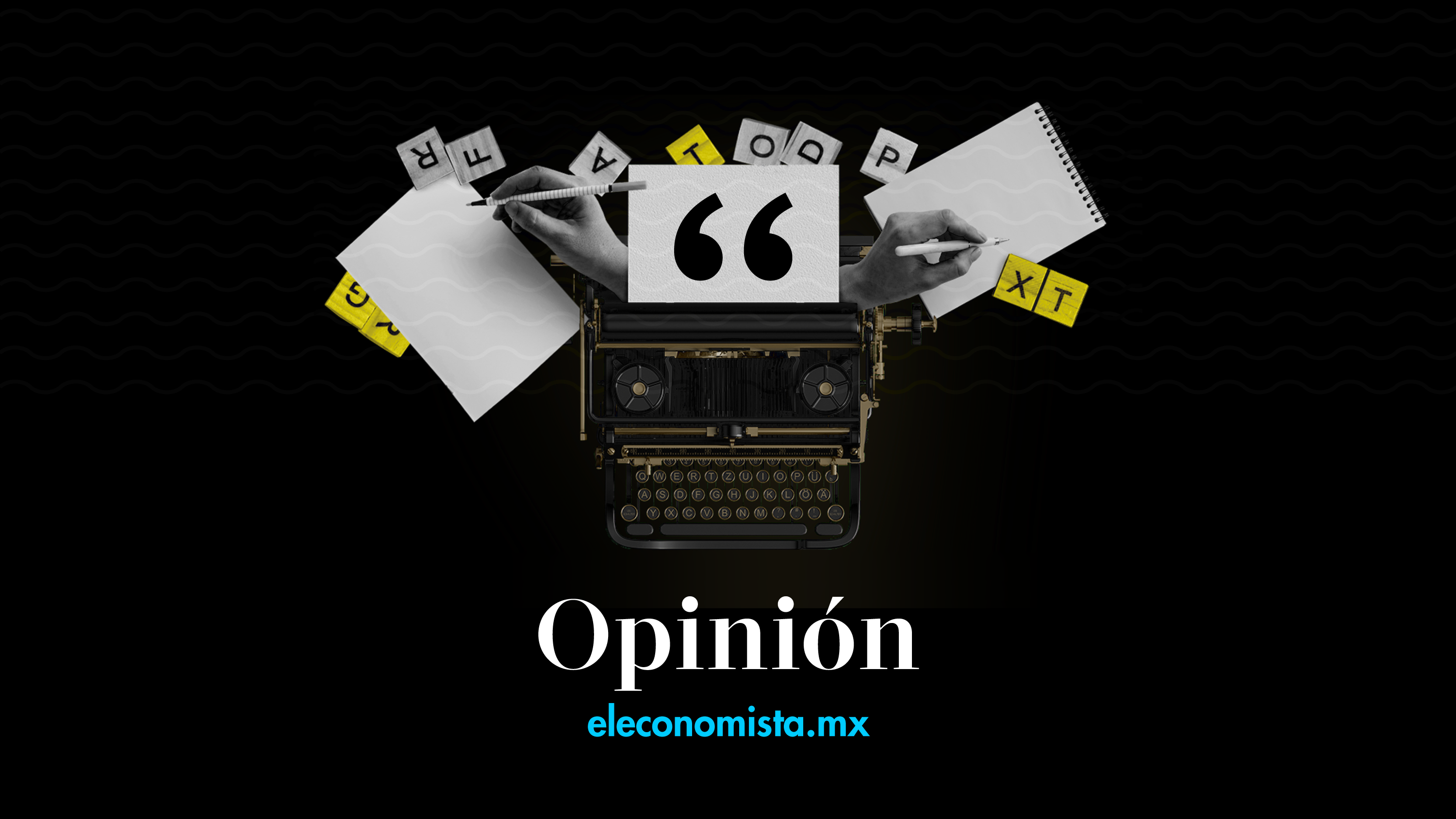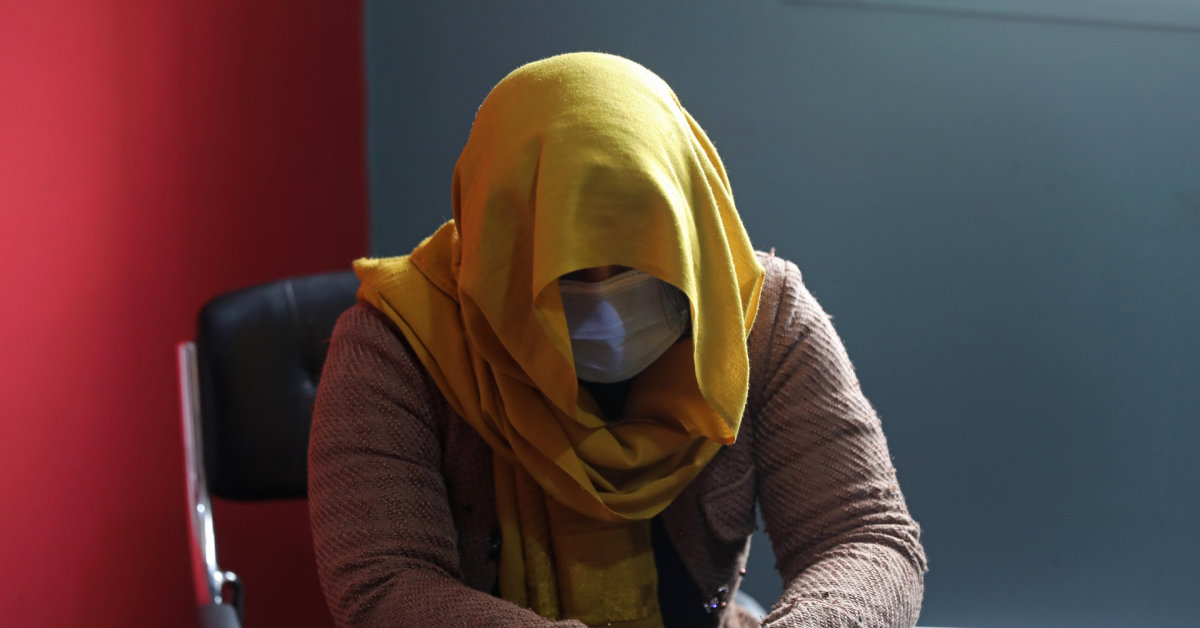This week the World Bank presented the results of the study The Fast Track to New Skills Short-Cycle Higher Education Programs in Latin America and the Caribbean, in pursuit of research on the state of higher education in Latin America and the Caribbean that led to done about five years ago.
This extraordinary research analyzes the conditions and effects on the labor market and on the income of the population with higher education.
One of the preliminary conclusions of the study is that there is an important opportunity, with better relative offers for students, in certain areas of knowledge, for the application of short courses, complementary to the traditional bachelor’s degree models.
Regarding the level of entry, although the quartile (25%) with the best income of graduates of traditional bachelor programs, has an income much higher than the best entry quartile of short-term post-baccalaureate programs, in the rest of the In the three quartiles of distribution, (75% of the population with lower incomes), the remuneration they obtain from short-term educational programs is higher than for students who come from traditional bachelor’s degrees.
In the same way, the study shows that short-term educational programs have in most countries, with the exception of Mexico, Panama and Honduras, a completion rate higher than the completion rate of traditional bachelor programs.
Obviously, this behavior is also associated, both with the structure of the supply of short-term programs, and with the conditions of linking these programs with the labor market. In this sense, for Mexico, there is a clear opportunity to improve programs and models of dual vocational and short-term education, which have a process of incorporation in certain sectors of private activity, much more dynamic and with more favorable short-term returns .
Another relevant data is that, with regard to the effect of the award on the expected salary derived from education, the average income in Latin America and the Caribbean for people with short-term studies after high school, can represent an additional income of 40 to 100% with respect to people who only have a high school education. But even in the comparison with people with incomplete bachelor’s degrees, in most of the countries analyzed including Mexico, people with short-term full studies have positive differences that can range between 10 and close to 80% for some countries.
This in no way means that the traditional bachelor’s degree models should be abandoned. What it shows is that there is an important need for Latin America and the Caribbean to understand the reality of the needs of the labor market, to adequately understand the absorption limitations that many careers have in the private sector today, and to know what the needs are. specific that are neglected in many productive sectors and that, therefore, can be more efficiently remedied with students from specialized short-term programs.
An appropriate balance in the creation of these types of programs can generate greater social and economic returns from general education and take advantage of international experience in dual and vocational education.
CEO of Fibra Educa and President of the Council for the Promotion of Educational Savings
Behavioral Economy
The author is a political scientist, marketer, financier, specialist in behavioral economics and professor at the UNAM Faculty of Economics. CEO of Fibra Educa and President of the Council for the Promotion of Educational Savings.
Follow him on Twitter: @martinezsolares
–
–
–


